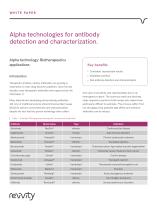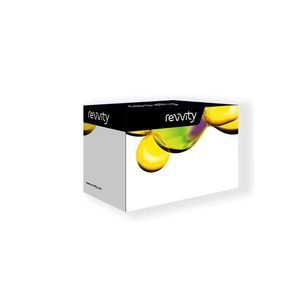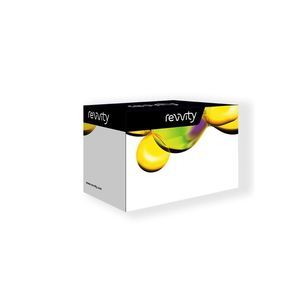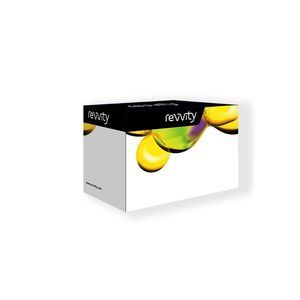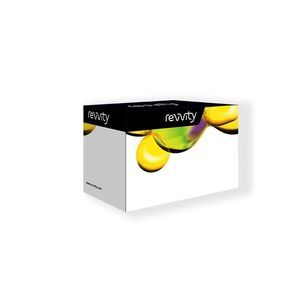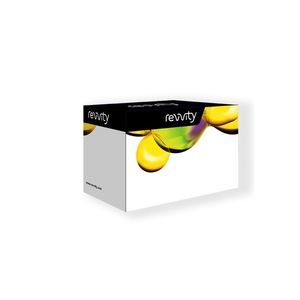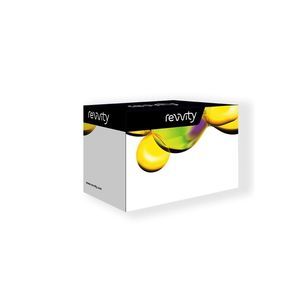
Research detection kit AlphaLISA™ for antigenslipidfor hepatitis B virus
Add to favorites
Compare this product
Characteristics
- Applications
- for research
- Tested parameter
- for antigens, lipid
- Micro-organism
- for hepatitis B virus
- Sample type
- blood, serum, plasma, cell
- Analysis mode
- ELISA
- Sample volume
0.005 ml, 0.01 ml
(0.00017 US fl oz, 0.00034 US fl oz)
Description
The AlphaLISA® immunoDetection Kit for Hepatitis B Virus Surface antigen (HBsAg) enables the quantitative determination of HBsAg in cell culture media and buffer using a homogeneous AlphaLISA assay (no wash steps).
Formats:
Our 100 assay point kit allows you to run 100 wells in 96-well format,
Our 500 assay point kit allows you to run 500 wells in 96-well or 384-well format,
Our 5,000 assay point kit allows you to run 5,000 wells in 96-well or 384-well format,
Features:
No-wash steps, no separation steps
ELISA alternative technology
Sensitive detection
Broad sample compatibility
Small sample volume
Half the time of an ELISA assay
AlphaLISA technology allows the detection of molecules of interest in buffer, cell culture media, serum and plasma in a highly sensitive, quantitative, reproducible and user-friendly mode. In an AlphaLISA assay, a Biotinylated Anti-Analyte Antibody binds to the Streptavidin-coated Alpha Donor beads, while another Anti-Analyte Antibody is conjugated to AlphaLISA Acceptor beads. In the presence of the analyte, the beads come into close proximity. The excitation of the Donor beads provokes the release of singlet oxygen molecules that triggers a cascade of energy transfer in the Acceptor beads, resulting in a sharp peak of light emission at 615 nm.
Hepatitis B surface antigen (HBsAg) is a protein from Hepatitis B virus (HBV). HBV circulates in infected blood when the virus is actively replicating. Infection with HBV induces a spectrum of clinical manifestations and chronic liver diseases. HBsAg can be found on the surface of the lipid envelope containing HBeAg. These antigens are recognized by antibody proteins which bind them.
Related Searches
- Assay kit
- Solution reagent kit
- Blood assay kit
- Molecular biology reagent kit
- Serum assay kit
- Immunoassay assay kit
- Plasma assay kit
- Research reagent kit
- Infectious disease detection kit
- Diagnostic reagent kit
- Laboratory reagent kit
- Molecular test kit
- Optical assay kit
- Clinical assay kit
- Buffer solution reagent kit
- Fluorescence assay kit
- Tablet PC software
- ELISA assay kit
- Quality control reagent kit
- Research assay kit
*Prices are pre-tax. They exclude delivery charges and customs duties and do not include additional charges for installation or activation options. Prices are indicative only and may vary by country, with changes to the cost of raw materials and exchange rates.


